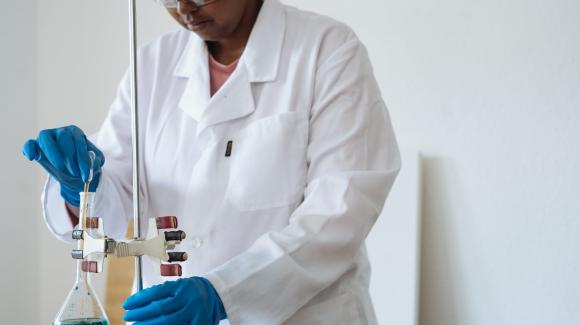Madrid May 16, 2020. Today, we are facing a health and economic crisis unprecedented in its size and complexity - affecting both supply and demand, developed and developing countries – and disrupting markets, trade, investment-led growth and job creation. The IMF anticipates a global economic contraction of 3% while the World Bank foresees a 35% decrease in FDI flows to developing countries due to the impact of COVID-19.
Our group of more than 25 development finance institutions (DFIs)[1] has an important role to play by responding quickly and flexibly to support the private sector in developing countries through the crisis. A robust private sector is critical to maintain markets and employment and, eventually, accelerate the recovery and build economic resilience. An unprecedented level of coordination is needed if we are to deliver a response that is proactive and systemic in its impact.
At our semi-annual (and first virtual) Roundtable on May 5, our group committed to a collaborative course of action in response to the crisis that will leverage our different strengths and geographies. Our goal is to work together to mobilize billions of dollars of funding to help the private sector deliver critical healthcare supplies, ensure micro, small, and medium businesses have access to capital, and strengthen global supply chains which sustain millions of workers in developing countries. We will also scale-up the provision of long-term capital for restructuring and building back better across the most affected sectors including transportation, tourism, food supplychains and logistics, and with a close eye on our gender and climate goals. The role of technology will also be a focus with the goal of increasing digital connectivity for the vulnerable as well as leveraging technology to improve access to markets and services.
Coordinating our efforts with the public sector will be needed to promote reforms and create the regulatory environment to attract investors back to developing countries. We will also need to work closely with the public sector to leverage public resources that allow DFIs to accelerate and scale up in the most vulnerable situations. Ensuring that concessional resources are used in line with the DFI Blended Concessional Finance Principles for Private Sector Projects will also be key to maximize impact and reinforce efficient markets.
Closer collaboration has already begun in Nepal, the Sahel, Ethiopia, Madagascar, Sierra Leone and the Democratic Republic of Congo where DFIs are piloting country-level collaboration to strengthen private investment flows and create jobs, particularly for youth and women, and promote economic diversification. A new Joint Collaboration Framework Agreement (JCFA) brings together the approach developed through these pilots with Deutsche Investitions und Entwicklungsgesellschaft (DEG) and PROPARCO joining International Finance Corporation (IFC) as the first JCFA signatories.
The crisis is a tragedy. But if we succeed in redefining how we work together, we can help countries overcome the crisis and help them on the path to achieving their long-term development ambitions.
[1] Including AfDB, ADB, AIIB, BIO, BSTDB, CDC Group, CDP, COFIDES, OeEB, EBRD, EDFI, EIB, DEG, FinDev Canada, Finnfund, FMO, ICD, IDB Invest, IFU, IFC, MIGA, NDB, Norfund, OFID, Proparco, SIFEM, SOFID, SBI-BMI, SIMEST, Swedfund.


